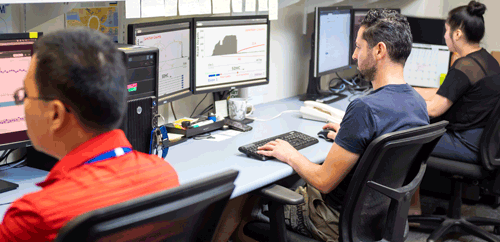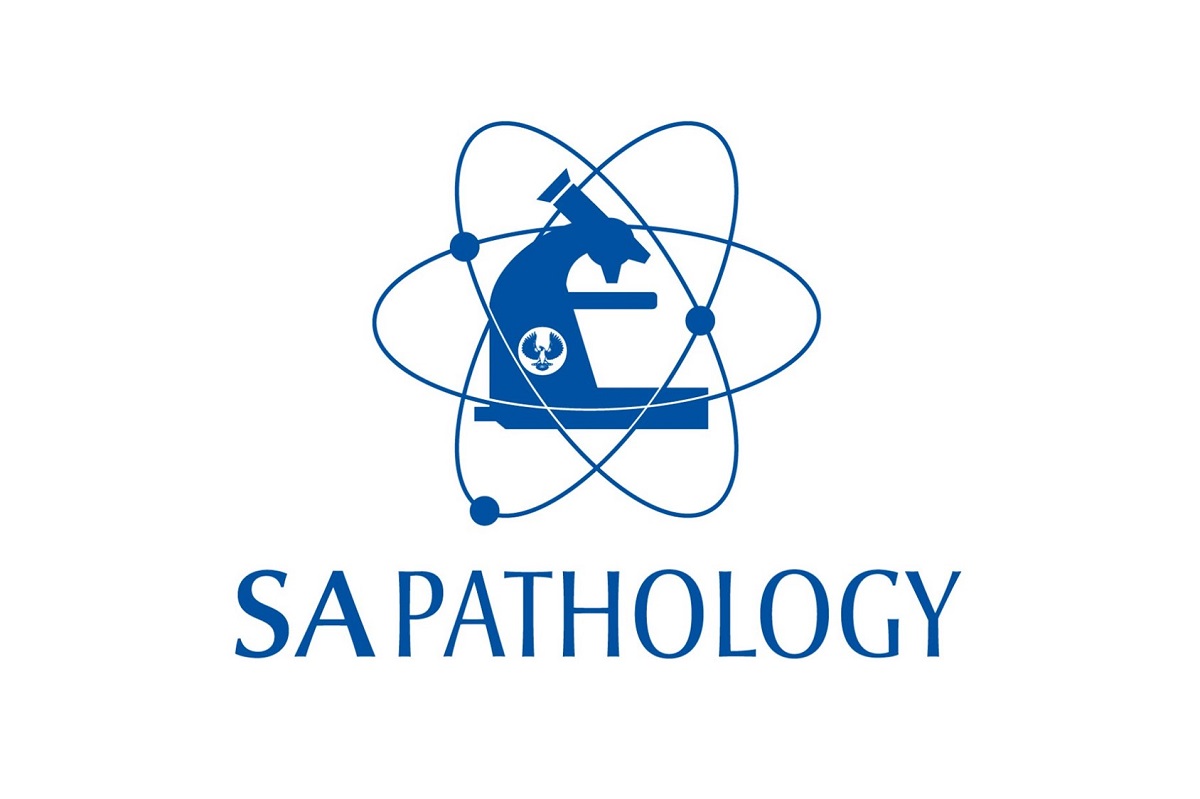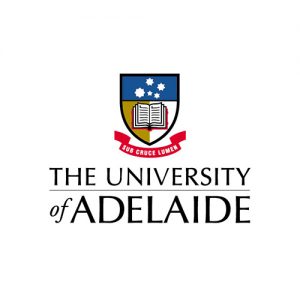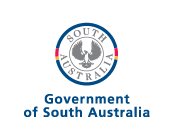Nationally recognised expertise in Research, Translation and Diagnostics
Over the last 10 years, technological developments have greatly accelerated our understanding of genetics and genomics of inherited diseases and cancer. Advancements in microarray, microfluidics and next generation sequencing technologies have ushered in a new era of genomics research and the prospect of genomics-based personalised medicine.
Opened in October 2012, underpinned by grants and donations totalling more than $10 million, the Australian Cancer Research Foundation (ACRF) Cancer Genomics Facility, based within SA Pathology at Frome Road, supports research, translation and clinical diagnostic Genomics. The Facility manages an annual budget of $4 million comprising diagnostic sequencing (panels, whole-exomes), microarray testing, research sequencing and other services.
The ACRF Cancer Genomics Facility is an active participant in major national grant-funded programs for medical research, including:
- Molecular Screening for Therapeutics (MoST)
- Australian Familial Haematological Cancer Study (AFHCS)
- Genomic Autopsy Study

The Facility’s diagnostic workflows for NGS and cytogenetic microarray analysis are performed under SA Pathology’s Genetics and Molecular Pathology Directorate (Frome Road laboratory) NATA accreditation (ISO 15189). The Laboratory is fully compliant with National Pathology Accreditation Advisory Council (NPAAC) Supervision requirements for clinical governance.
SA Pathology’s Genetics and Molecular Pathology laboratory was the first in Australia to receive NATA accreditation for whole-exome sequencing, and later for RNA-seq and copy number analysis, demonstrating leadership in genetic testing.
The Facility is equipped with the latest genomics instrumentation, including:
- Next Generation Sequencing from Illumina
- Long read single molecule sequencing (Oxford Nanopore and PacBio)
- Microarrays from Illumina and Affymetrix (Thermo Fisher)
- Single cell sequencing (10X Genomics Chromium)
- Fluidigm BioMark for high throughput qPCR
- Sample QC instrumentation
- Sample and library preparation robotics
In partnership with the NATA-accredited (ISO15189) Service Laboratory at SA Pathology Frome Road we also offer access to the following technologies:
- DNA and RNA extraction
- Agena (Sequenom) MassARRAY
- Sanger sequencing and fragment analysis
Bioinformatics
The Facility includes a large expert team of bioinformaticians to help process and analyse NGS data and continually develop new and improved methodologies. This valuable resource is available to help researchers to interpret and prepare data for publication. We work closely with the University of Adelaide which helps manage our High Performance Computing research infrastructure.

Our expertise
Co-Directors
Manager
- Rob King
8222 3966
Rob.King@sa.gov.au
Laboratory Personnel
- Rosalie Kenyon
8222 3657
Rosalie.Kenyon@sa.gov.au - Ming Lin
8222 3962
Ming.Lin@sa.gov.au - Barbara Nutchey
8222 3962
Barbara.Nutchey@sa.gov.au - Alan McGovern
8222 3648
Alan.McGovern@sa.gov.au
Bioinformatics
Head of Bioinformatics
- A/Prof Andreas Schreiber
8222 3965
Andreas.Schreiber@sa.gov.au
ACRF Cancer Genomics Facility Bioinformatics
- David Lawrence
8222 3964
David.Lawrence@sa.gov.au - Jinghua (Frank) Feng
Jinghua.Feng@unisa.edu.au - Paul Wang
Paul.Wang@sa.gov.au - James Andrews
james.andrews@sa.gov.au
CCB Bioinformatics
- John Toubia
John.Toubia@sa.gov.au - Nick Warnock
Nick.Warnock@unisa.edu.au
ACRF Cancer Genomics Facility Affiliates
CCB Molecular Oncology
(Head: A/Prof Anna Brown)
- Wendy Parker
wendy.parker@sa.gov.au
CCB Genetics and Molecular Pathology Bioinformatics
(Head: Hamish Scott)
- Thuong Ha
thuong.ha@sa.gov.au - Luis Arriola-Martinez
luis.arriola-martinez@unisa.edu.au - Alison Gardner
alison.gardner@adelaide.edu.au - Marlie Frank
marlie.frank@unisa.edu.au
SA Pathology Leukemia Unit
(Head: Susan Branford)
- Mark Sorrell
mark.sorrell@mymail.unisa.edu.au
CCB Gene Regulation Bioinformatics
(Head: Greg Goodall)
- Katherine Pillman
Katherine.Pillman@unisa.edu.au - Klay Saunders
sauky007@mymail.unisa.edu.au
SA Pathology Translational Advancement Unit Bioinformatics
(Head: A/Prof Karin Kassahn)
- Julien Soubrier
Julien.soubrier@sa.gov.au - Song Gao
Song.gao@sa.gov.au
Partnerships and funding
Dynamic partnerships and collaborations have made an enormous contribution to the development of our cutting edge facility. The Cancer Genomics Facility is run in partnership with SA Pathology, the University of South Australia and the University of Adelaide.
Facility staff works closely with the Technology Advancement Unit at SA Pathology, Genetics and Molecular Pathology Directorate (contact Karin Kassahn, Karin.Kassahn@sa.gov.au, 08 8222 3895), to provide and develop diagnostic genetic tests for the South Australian community.
The significant funding the Cancer Genomics Facility has attracted is a reflection of our value to the research community and to the South Australian population. Major supporters have included the Australian Cancer Research Foundation, SA State Government, Cancer Council SA, Therapeutic Innovation Australia, and the CRC for Biomarker Translation. Our major current partners and supporters are listed below.







